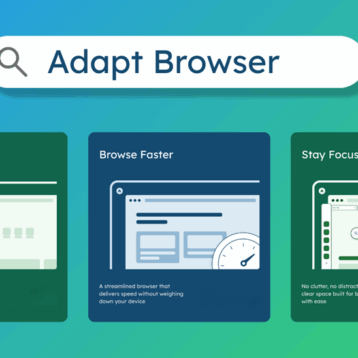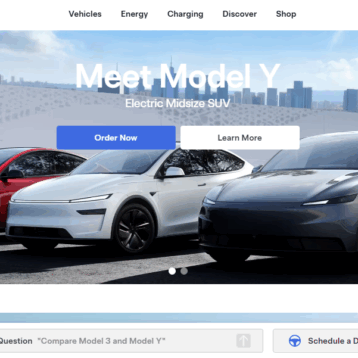Mobile apps have become an integral part of our lives, providing us with convenience, entertainment, and solutions to our everyday problems. With millions of apps available on app stores, it can be challenging for your mobile app to stand out and attract users.

What is Keeping Your App From Growing?
There could be multiple reasons why your mobile app is not growing. Here are some possible reasons and solutions:
- Poor User Experience: If users are finding it difficult to use your app, or if it’s slow or if it crashes frequently, they are likely to abandon it and look for alternatives. You can address this issue by conducting user testing and incorporating user feedback to improve the app’s design, functionality, and performance.
- Lack of Marketing: If users are not aware of your app’s existence, they are unlikely to download and use it. You need to invest in effective marketing to increase app visibility and user acquisition. Consider using social media, influencer marketing, and search engine optimization (SEO) to promote your app.
- Inadequate Monetization: If your app is not generating enough revenue, it may not be able to sustain itself and continue to operate. You can address this issue by analyzing your monetization strategy and making necessary changes. Consider implementing in-app purchases, subscriptions, or advertising to generate more revenue.
- Competition: With millions of apps available on app stores, competition is fierce, and it can be challenging for new apps to stand out and gain traction. You can address this issue by analyzing your competition, identifying what sets your app apart, and highlighting those unique features in your marketing efforts.
- Lack of updates: Mobile apps need to be regularly updated to fix bugs, improve performance, and add new features. If your app is not updated frequently enough, users may lose interest and stop using it. You can address this issue by providing regular updates and incorporating user feedback to keep users engaged. You can also containerize your app updates and deploy docker (or any other containerization tool) for faster releases.
How to Implement Successful Growth Strategies for Your Mobile App
1. Acquisition
Growing your user base starts with acquiring new users in a cost-effective way. Evaluate the options for growing your user base by considering these tactics:
- App store optimization: Optimize your app’s listing, screenshots and keywords to boost organic downloads
- Social media: Promote new releases and features through ads and organic posts
- Advertising: Use placements across search engines, social platforms and apps to drive downloads
- Referral programs: Offer existing users rewards for inviting friends
- Partnerships: Collaborate with complementary apps or businesses to cross-promote
2. Activation and retention
Onboarding new users well and keeping them engaged is critical for growth. Try to create an excellent first experience by writing a helpful app description and having clear onboarding screens that guide new users. Another way to do this is to reveal value as fast as possible through app features or content, so users know right away how they can benefit from its use. Be sure to also monitor new user flows and test revised tutorials or onboarding changes to optimize retention.
3 Viral growth
Leverage your existing users to spread the word and refer new users. Try your best to design mechanisms for existing users to join you in this quest. For example, to encourage viral growth you could compete on public leaderboards or unlock app features or user rewards for referrals that “stick”. But avoid forcing sharing or too frequent prompts that can frustrate users.
4. Monetization
Having a sustainable monetization strategy — whether through in-app purchases, subscriptions or ads — allows you to reinvest in growth. Consider testing multiple approaches, including in-app purchases (one-time vs subscription options), sponsorships, and ads, including banners, interstitial ads or rewarded video placements. Then measure how each affects user satisfaction and retention as well as revenue per user. With this information, you can optimize your monetization mix based on key performance indicators and user feedback.
5. Testing and experimentation
Testing and experimentation is key when finding the right strategies to grow your app. Consider implementing a product analytics tool to measure daily and weekly active users, duration of sessions and frequency of usage. Then run A/B tests for new notification types, notification schedules, opt-in vs required tutorials and additional in-app prompts. Adjust retention nudges based on data about what keeps users coming back.
Improving App Success With Growth Strategies
Implementing growth strategies for mobile apps is an ongoing process that requires careful analysis, planning, and execution. By following effective strategies such as providing excellent user experience, effective marketing, sustainable monetization, and regular updates, you can achieve long-term success and grow your mobile app.










